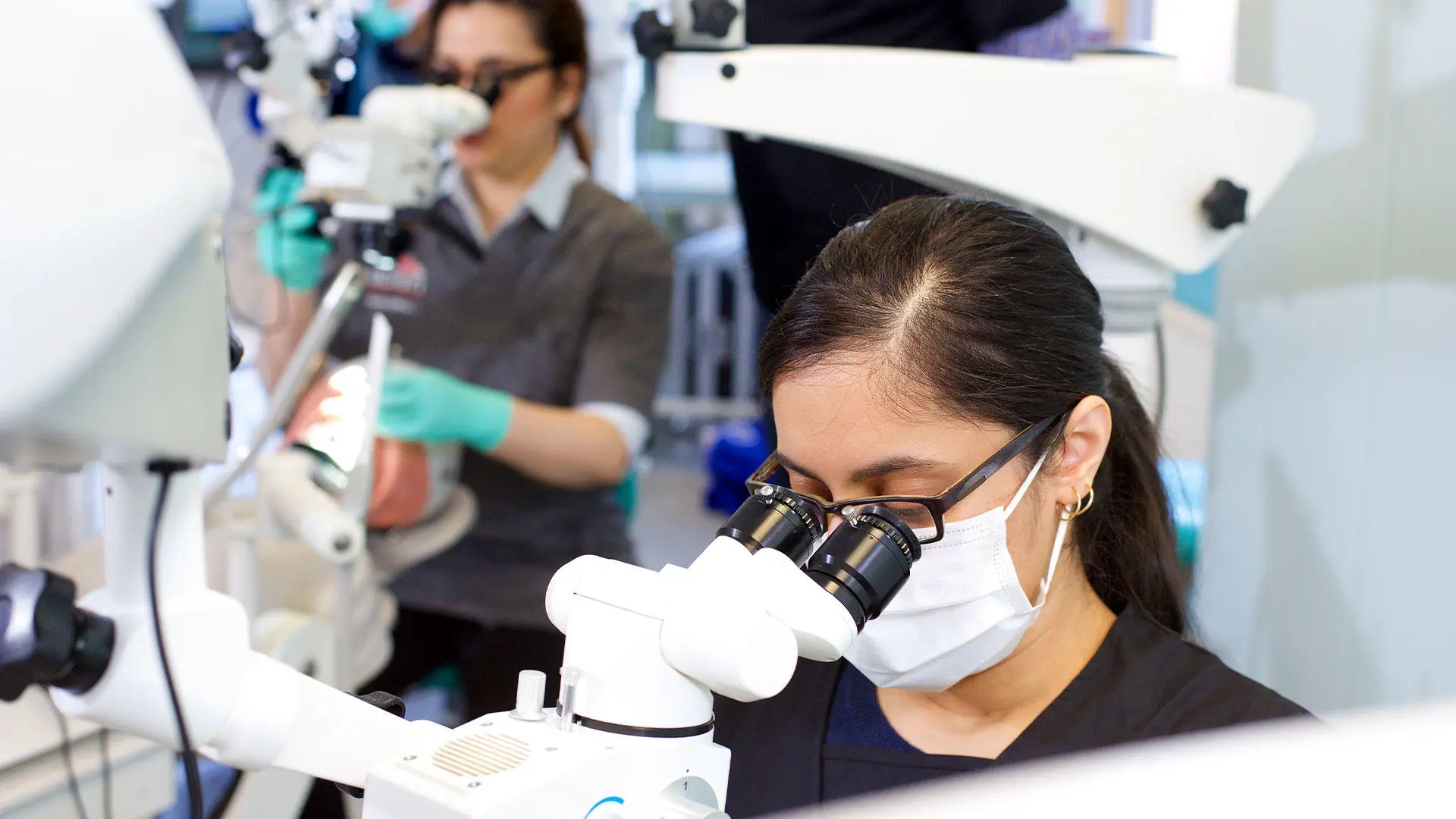Overview
The human mouth as a focus of infection theory states that oral microbial infections contribute to the developing pathologies of remote body organs some of which may result in specific inflammatory diseases. The link being the systemic circulation whereby oral pathogens infiltrate into the vascular channels and become a potential source of infection anywhere else in the body including the brain.
This hypothesis therefore, suggests a possible cause and effect relationship in inflammatory conditions of unknown aetiology such as Alzheimer’s disease (AD). So far, we have analysed AD brains (c/o Brains for Dementia Research) which show that bacterial, products of a periodontal pathogen do access these brains. Since dental records are not usually available for direct correlation with our findings, we are exploring the possibility of specific oral pathogens having influence over the normal functioning of the brain using experimental animal models in collaboration with the University of Florida.
Project Lead
Dr Sim K. Singhrao
Project Staff
Sophie Poole (PhD Student)
Collaborators
Professor Lakshmyya Kesavalu, Department of Periodontology and Oral Biology, College of Dentistry, University of Florida,
Professor Michael A. Curtis, Blizard Institute of Cell & Molecular Science, Barts & the London School of Medicine and Dentistry,
Professor B. Paul Morgan, University of Cardiff, School of Medicine, Cardiff Institute of Infection & Immunity,
Brains for Dementia Research, London, UK.
Funders
The project is supported by 1R01 DE020820-01A1, NIH/NIDCR, USA awarded to Prof. L. Kesavalu.
Timeline
2011-2014
Public Outputs
Poole et al., 2012. Preliminary evidence for a link between periodontal disease and Alzheimer’s disease. Alzheimer's Disease International conference abstract ref. number OC109.
Poole et al., 2013. Evidence that Porphyromonas gingivalis accesses the brain from the oral cavity of ApoEnull mice induced with periodontal disease. Alzheimer's Research UK conference abstract ref. number 35.
Poole S, Singhrao SK, Kesavalu L, Curtis MA, Crean S (2013) Determining the presence of periodontopathic virulence factors in short-term post-mortem Alzheimer’s disease brain tissue. J. Alzheimers Dis 36(4):665-77. Cutting edge innovative research with potential for improving health and/or to treat or delay onset of neurodegenerative diseases.

